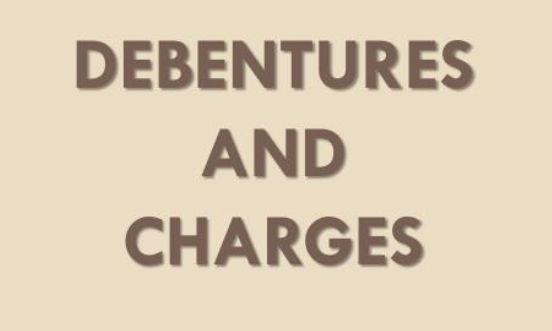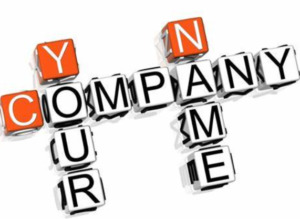A debenture is a document that lays down the terms and conditions of a loan, and provides clarity and security to lenders if the borrowing company becomes insolvent. Attaching a floating charge to the debenture offers further benefits, enabling the holder to rank above unsecured creditors when it comes to repayment.
Floating charges also provide specific advantages for directors, who receive a degree of protection when lending money from personal funds. It’s commonplace for directors to invest money in their own company in the light of the high street banks’ continuing reluctance to lend, as well as the onerous application process.
By setting out the loan terms within a debenture, directors benefit from a flexible form of security if their company enters insolvency and is unable to return to profitability.
How do floating charges work?
A Floating Charge can be held over all of the company’s assets, or certain classes of asset, and these can be moved or sold in the course of normal business. When a company enters insolvency, the floating charge is said to ‘crystallise.’
This means it becomes a fixed charge, and the asset can no longer be dealt with by the company without express permission from the lender. It may even be possible for the lender to place the company into administration without going to court, if the floating charge covers the majority of company assets.
Debentures and Floating Charges During Insolvency
What type of asset might have a floating charge attached?
A floating charge may be held over various classes of asset, including:
- Stock
- Raw materials
- Cash
- Work-in-progress
- Fixtures and fittings
The fluid nature of a floating charge means there are no restrictions on the use of these assets when the company is solvent. Only when it enters insolvency is the lender able to take action to recover their money.
An added advantage for floating charge holders is the ability to appoint their own choice of administrator, or in some cases administrative receiver, once the charge crystallises. If a fixed charge and a floating charge exist over the same asset, the fixed charge takes priority in repayment, however.
Registering a debenture
A debenture documents the terms agreed between lender and borrower, and is filed with the Registrar of Companies at Companies House. It should be registered when the loan is taken out, or within 21 days.
The agreement will specify the terms and conditions of lending, including:
- Total amount
- Interest rate applied – this can be fixed, or variable according to the bank rates
- Repayment amount and frequency
- Fixed repayment date or ‘on demand’
- Charges secured on the loan
The debenture holder is entitled to receive the loan interest payments before any dividends are paid from company profits, and has the right to appoint an administrator once the company is insolvent.
If the debenture and floating charge are not registered with Companies House, the administrator/liquidator may ignore the charge and treat the holder as an unsecured creditor.
It’s worth noting that all charges should be recorded within the company’s Register of Charges, and held at the registered office.
What is the order of priority for repayment in insolvency?
The order of priority is set down in law as follows:
- Fixed charge holders
- Expenses of the liquidator
- Preferential creditors (usually employees entitled to arrears of wages and holiday pay)
- The ‘prescribed part’ set aside for unsecured creditors
- Creditors with a debenture that grants a floating charge
- Unsecured creditors, including HMRC, suppliers and other trade creditors
- Shareholders
Floating charges represent a flexible form of security for both lenders and borrowers. Lucas Ross – Business Rescue, Recovery & Insolvency can offer professional advice on the main considerations for floating charge holders, how to formulate the debenture, and register it at Companies House.
Contact us at help@lucasross.co.uk or call us on 0330 128 9489 for a free and confidential chat.





